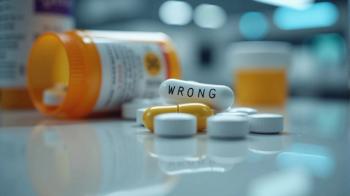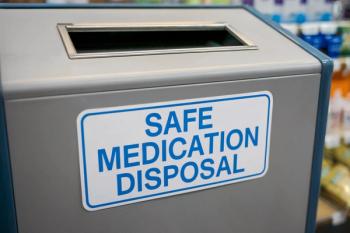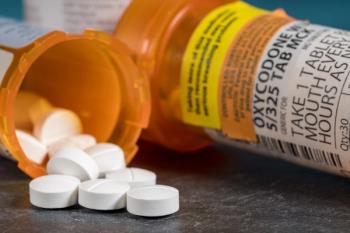
Effective medication management requires active patient involvement and understanding.

Kathleen Kenny, PharmD, RPh, earned her doctoral degree from the University of Colorado Health Sciences Center in Denver. She has more than 30 years' experience as a community pharmacist and works as a clinical medical writer based in Homosassa, Florida.

Effective medication management requires active patient involvement and understanding.

Improving Health Equity Through Pharmacist-Led Care Is a Collective Necessity Requiring a Multifaceted, Collaborative Approach

Medication errors are major public health issues, disproportionately affecting populations such as children, Ooder adults, and those with limited health literacy.

Nonadherence has negative impacts on patients, health systems, and society.


Tools Like Robotic Dispensing Services, Pharmacogenomics, and Regulatory Changes Are Changing How Pharmacy Works

Heavy workloads, lack of recognition, and stressful environments fuel emotional exhaustion, turnover, and patient safety concerns.

Clear communication, personalized counseling, and supportive environments help address barriers, empower patients, and enhance outcomes.

Individualized interventions, medication reconciliation, and postdischarge follow-up help reduce errors and elevate care continuity.

Effective communication between pharmacy technicians and others is necessary to meet patient needs.

Pharmacy deserts can have far-reaching consequences, especially in rural and low-income communities.

Unused, unwanted, and expired medications pose a serious threat to both public health and the environment.

Diet influences blood pressure, cholesterol levels, and overall heart function.

Counseling for behavior change helps patients understand the importance of their medications and make positive changes.

Advocacy fosters professional development, creates better working conditions, and enhances patient care.

By implementing work practices alongside administrative and engineering controls, a safe and healthy work environment can be achieved.

Symptoms occur when airborne irritants enter the eyes, nose, and throat, causing an allergic reaction.

Data privacy and security breaches are a critical concern with AI in health care.

When educating patients, emphasize the importance of buying drugs from only licensed pharmacies.

The trend toward higher-potency marijuana could pose additional, unknown risks.

Patient-centered care involves educating and empowering individuals to take responsibility for their own care.

Proper reporting of errors and near misses helps maintain compliance and improve patient safety.

New mechanisms of action are proving more effective than ever, offering slowed progression.

Using multiple physicians or pharmacists can result in a lack of coordinated care, missed medication interactions, and overlooked contraindications.

Effectively educating patients about their medications and disease trajectory can improve adherence and outcomes.

Although psychotherapy is the cornerstone, nutritional education and pharmacotherapies can also help patients recover

Reasons include fear of adverse effects, lack of education, polypharmacy, and others

Pharmacists should educate patients about proper medication storage and offer naloxone to optimize safety.

Remind parents that routine exams, immunizations, and nutrition are crucial to helping children succeed.

Pharmacists can prevent medication errors through knowledge, communication, and education

Published: August 25th 2025 | Updated:

Published: October 14th 2022 | Updated:

Published: August 8th 2023 | Updated:

Published: March 20th 2025 | Updated:

Published: December 20th 2024 | Updated:

Published: October 29th 2025 | Updated: